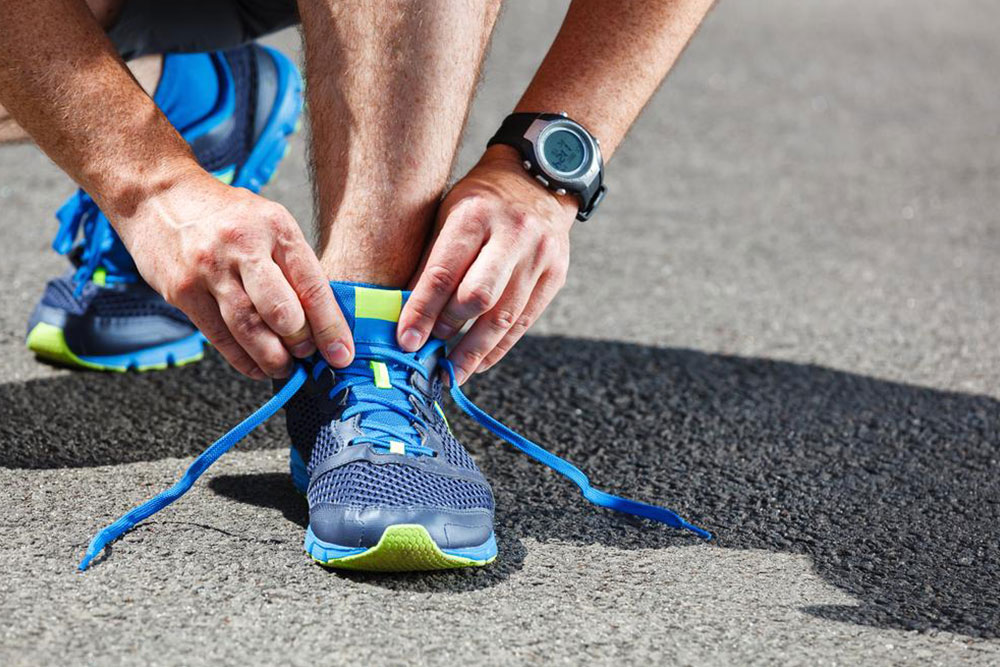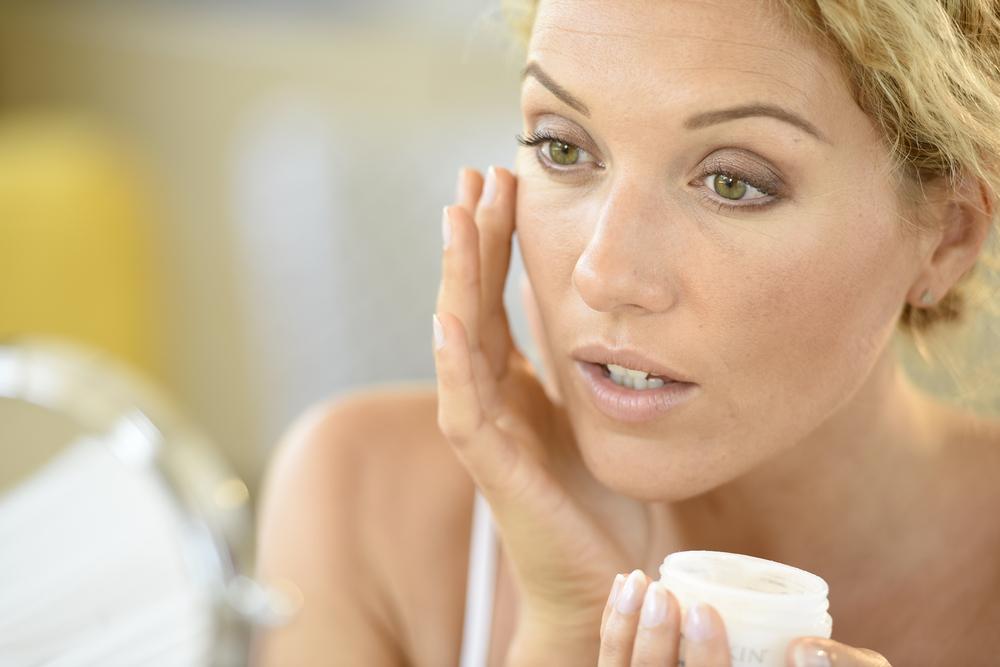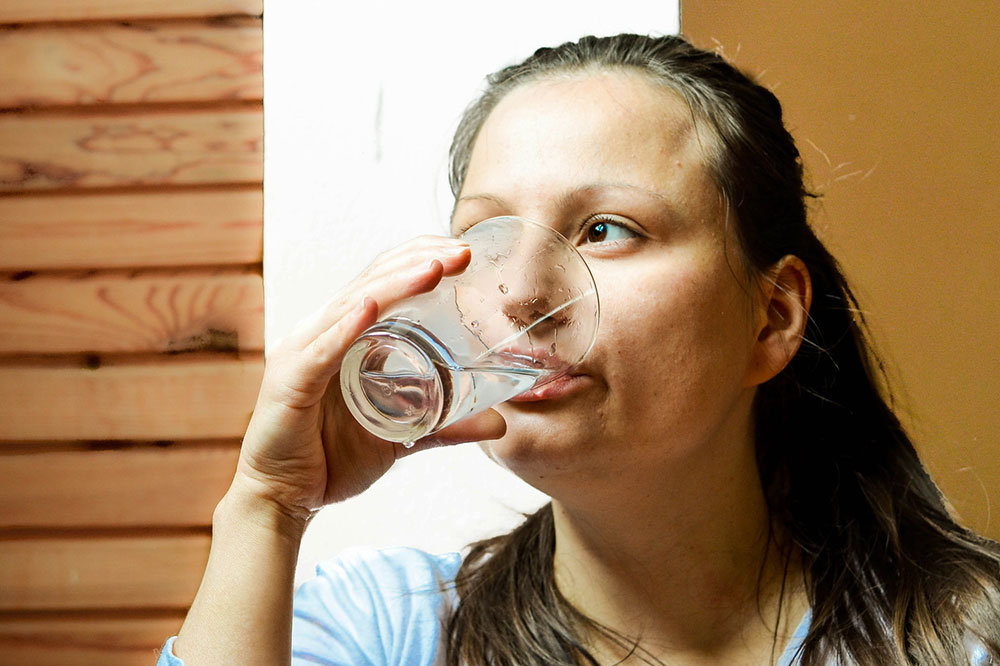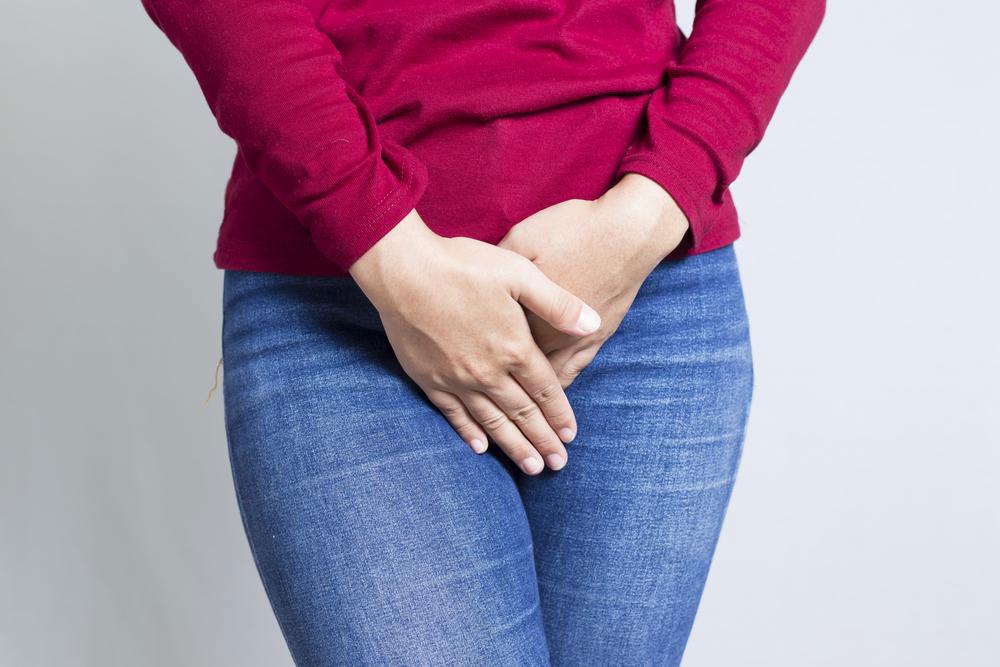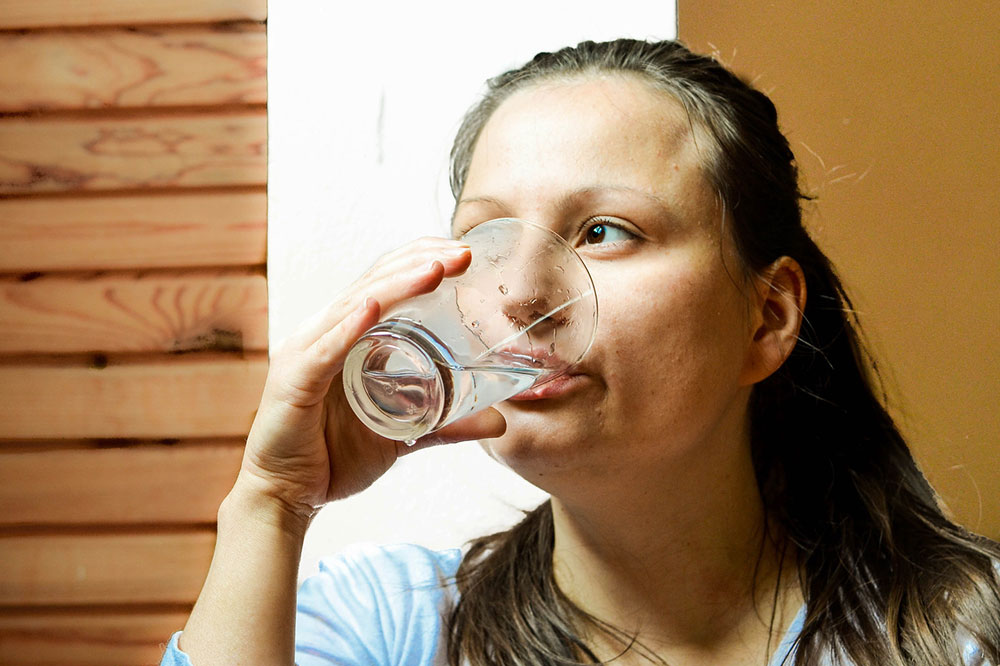Optimal Times for Drinking Water to Boost Your Health
Learn the best times to drink water throughout the day to optimize hydration, enhance digestion, boost energy, and support overall health. Proper timing of water intake can lead to better wellness and help prevent fatigue and dehydration. Incorporate these hydration tips into your daily routine for maximum benefits.

Maximize Your Hydration: When to Drink Water During the Day
Proper hydration is essential for maintaining overall health and ensuring bodily functions operate smoothly. While drinking at least eight glasses daily is widely recommended, timing your water intake can enhance benefits and prevent fatigue. Here are key moments to hydrate for better wellness:
Upon waking
Starting your day with a glass of water rehydrates your body, kickstarts your metabolism, and prepares your digestive system. It also promotes healthier skin and hair, supporting vital organ functions. Keep a water bottle handy on your nightstand to make this habit easy.
Before meals
Drinking water about 30–45 minutes prior to eating helps control appetite and supports digestion. It prepares your stomach for food, reduces overeating, and aids nutrient absorption.
Pre- and post-exercise
Stay hydrated with water before workouts to prevent dehydration and during exercise to maintain energy levels. After exercise, rehydrate with water or an electrolyte drink to replace lost fluids and electrolytes, aiding recovery.
Before sleep
Consuming a small amount of water an hour before bedtime can prevent dehydration overnight. To avoid frequent bathroom visits, sip small amounts right before sleeping and keep water nearby in case you wake thirsty.
When feeling tired or sluggish
Drinking water when drowsy boosts energy and mental clarity, reducing the desire for naps or caffeine. It’s an effective way to combat midday fatigue naturally.
During illness or exposure to germs
Staying well-hydrated helps your immune system function better, flush out toxins, and prevent infections. Increasing water intake during illness supports recovery by replenishing fluids lost through fever or sweating.

